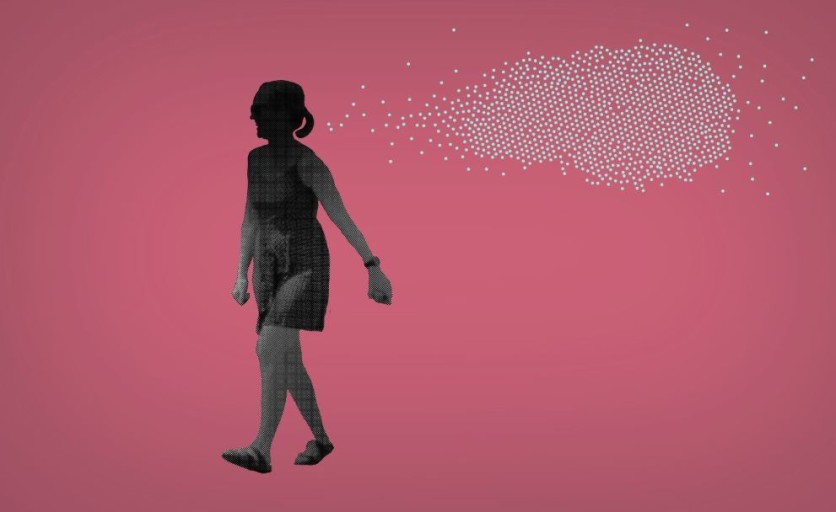New evidence revealed that coronavirus could scatter through the air in unpredictable directions. To help prevent further infections, a team of scientists created an "extractor" that can trap tiny coronavirus particles, which PPEs can't catch.

via @PerilOfAfrica #Lifestyle #Health #VirusOutbreak #USNews Can the coronavirus spread through the air?: 2020-07-30T07:00:42Z Can the coronavirus spread through the air? Yes, it’s possible. The World Health Organization recently acknowledged published… https://t.co/wUd72wJ6Yv pic.twitter.com/v4gOtmVEmY — Martha Leah Nangalama (@mlnangalama) July 30, 2020
According to Dailymail UK's latest report, experts said that the novel coronavirus' air transmission is currently being underestimated. The new study warns that it could bypass ventilation systems, shared spaces, as well as social distancing guidelines.
Scientists at the University of Edinburgh and Heriot-Wyatt University discovered that small and large droplets of the viral disease could scatter through the air in relatively long distances, and they travel not always in predictable directions. A warning was also provided by the World Health Organization (WHO), stating that COVID-19's aerosol transmission is being disregarded.
Read also: COVID-19 NEW Cure: Gargling Betadine Kills 99.9% of Coronavirus in 30 Seconds, Says Study
The warning comes after a study, which revealed that the droplets carrying virus particles do not always follow airflow.
You can check the latest news here at TechTimes for more studies about how COVID-19 spreads. Also, you might want to check this liquid, which Japan believes could prevent coronavirus transmission.
Researchers explained that airborne diseases such as COVID-19 can now be understood with the help of the new findings on droplet migrations.
Researchers invent new extractor to catch the tiny virus particles travelling through air
Dr. Anthony Fauci, the top U.S. infectious disease specialist, admitted that it is not yet fully understood how COVID-19 spreads through the air, during a JAMA interview on Monday, Aug. 3. The report stated that if the air transmission is proven to be significant, new government guidelines should be implemented.

Idea for explaining social distance to kids:
Just like in winter when you can see your breath, COVID-19 particles spread through the air.
You could do experiment where kids place their face near the freezer & see breath to exemplify this too. pic.twitter.com/KqIvBLlnmi — Londyn Robinson (Rheuminate) (@londyloo) April 11, 2020
Dr. Mehendale, an academic surgeon at the University of Edinburgh and co-author of the study, decided to develop an aerosol extractor device that can trap the viral particles.
"We can't afford to be complacent about small droplets. PPE is an effective barrier to large droplets but may be less effective for small ones," said Dr. Mehendale.
As a solution, the researchers are currently working on manufacturing the product to be distributed to other medical experts, to keep them safe during a wide range of aerosol-generating procedures. The new invention can effectively catch the tiny droplets, even if their diameters fall below that of a human hair.
"Larger droplets would be easily captured by PPE, such as masks and face shields," said Dr. Cathal Cummins, an assistant professor at Heriot-Watt University in Edinburgh.
"But smaller droplets may penetrate some forms of PPE, so an extractor could help reduce the weakness in our current defence against Covid-19 and future pandemics," Cummins added.
For more updates of COVID-19 air-transmission ability, always keep your tabs open here at TechTimes.
This article is owned by TechTimes,
Written by: Giuliano de Leon.
ⓒ 2025 TECHTIMES.com All rights reserved. Do not reproduce without permission.




